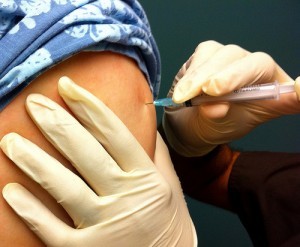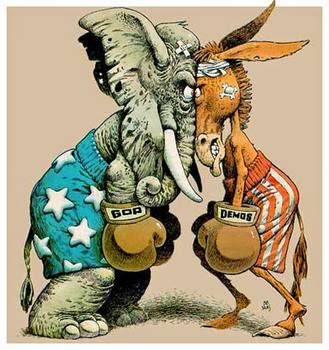
In the event of a serious pandemic influenza outbreak, businesses must play a key role in protecting employees' health and safety. With regard to pandemic influenza mitigation recommendations requiring social distancing, we examined whether some US employees would disproportionately fail to comply because of job insecurity and financial problems associated with missing work. We used the 2006 Harvard School of Public Health Pandemic Influenza Survey and multivariable logistic regression to determine whether employment characteristics such as inability to work from home, lack of pay when absent from work, and self-employment would be associated with less ability to comply with recommendations. We found that inability to work from home, lack of paid sick leave, and income are associated with working adults’ ability to comply and should be major targets for workplace interventions in the event of a serious outbreak.
As it turns out, according to a new “study,” hospitals can greatly improve their flu vaccination rate among health care workers by using a mandatory employee vaccination policy.
This is according to a Henry Ford Health System study, funded by Henry Ford Health System and citing the “data” from Henry Ford Health System.The upper echelon of Henry Ford, acting under their created task force, is attempting to pass off a “duh!” observation of authorities using power over subordinates as a true-blue health study. Yet, nowhere in the study is there any proof of reduction of disease or an increase in employee/patient health and safety.
The achievement lies in complete subjugation – a foregone conclusion when employers threaten career destruction, i.e.,”Inject this into your body every year, or no more food on the table – and no good reference for you!”
Henry Ford “researchers” say the health system achieved employee vaccination rates …
Furthermore, the HSPH Pandemic Influenza Survey, as it relates to our findings about job insecurity, did not assess perceptions of job loss versus reality of job loss, nor did it assess reasons why some respondents perceived that job loss would be a consequence for missing work for 7–10 days in the event of a serious outbreak. Future population surveys could attempt to disentangle these beliefs to inform policy and communication aimed at enabling compliance with workplace isolation strategies to quell the spread of a future pandemic.
Please Read this Article at NaturalBlaze.com





Leave a Reply